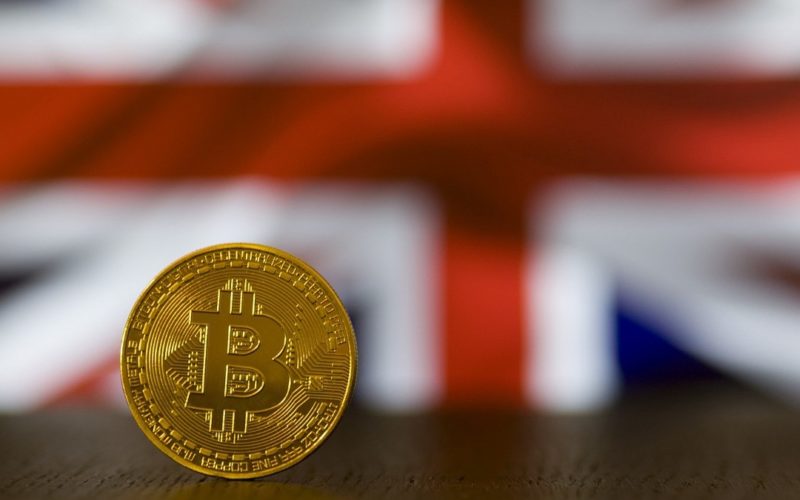While European institutions are particularly hostile to crypto-assets, the UK seems to have a card to play on the territory since its withdrawal from the European Union.
Jonh Glen, Economic Secretary to the Treasury, Mayor and MP for the city of Salisbury, reveals the UK’s intentions for crypto. The tone is to encourage investment and blockchain technology in the British markets. Even better, the project tends to make Britain a global center for technology and investment in crypto assets. We take a look back at the main measures planned.
The legalization of the use of stablecoins
At the top of the proposals is the desire to legalize the use of stablecoins. These assets will be subject to regulation, which will allow them to be used as a real means of payment.
Again, when regulation is thought out intelligently, it can be beneficial for the ecosystem. It is not about restrictive regulation but rather regulation that will lead to an increased democratization of the use of stablecoins as a means of payment. Here, regulation means democratization, not restriction.
The choice of a flexible regulation (sandbox)
In contrast to the restrictive approach of our European MPs, British politicians are opting for a “sandbox” approach to regulation, following the example of the United States.
This approach is criticized by some French institutions as being complex to implement and costly to maintain in terms of resources. In concrete terms, this approach aims to offer an experimental framework to crypto companies outside the traditional regulatory framework. These players will not be subject to the current regulations and will not be supervised by the regulators. The idea is to propose a legal framework without barriers for innovation, while keeping an eye on the progress of these innovations.
The government has also confirmed that it will launch a broad research program to explore the feasibility and potential benefits of using blockchain technology.
Other innovative proposals
The UK government is also considering a broad consultation on the tax framework for crypto holders. It is particularly interested in the tax treatment of crypto-currency lending transactions.
The Financial Conduct Authority (FCA), the UK regulator, has announced a two-day conference entitled “CryptoSprint” during May. A conference that will take the form of a public consultation. Many professional actors of the sector should be present to answer the main questions related to the development of a future regime for crypto.
Incidentally, we note that the Minister of Finance, Rishi Sunak, has asked The Royal Mint to make an NFT in the UK’s image by the summer of 2022. A behavior in perfect opposition with that of our French counterparts.




